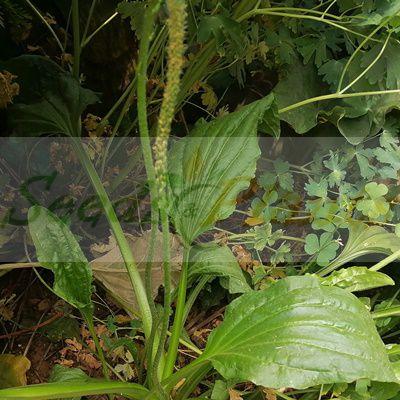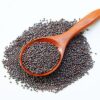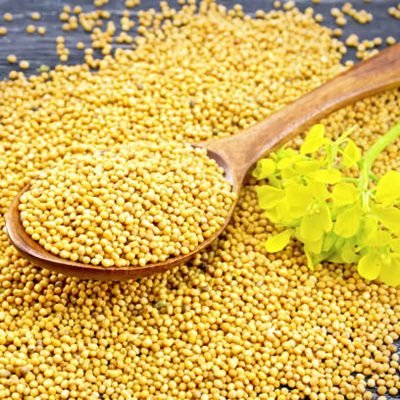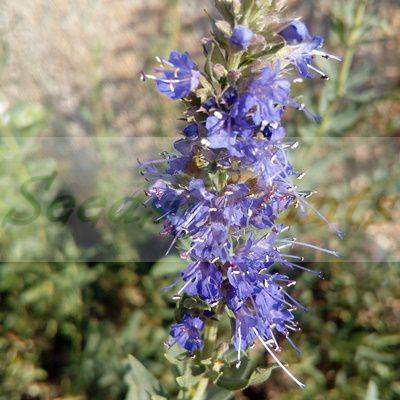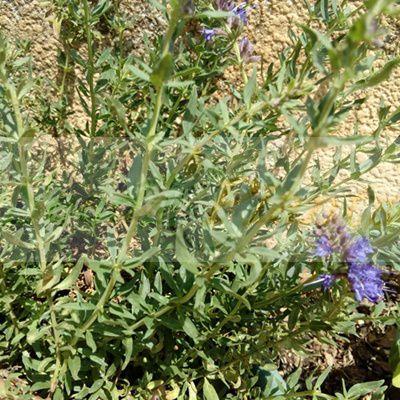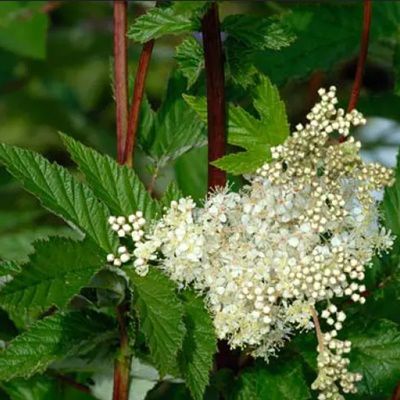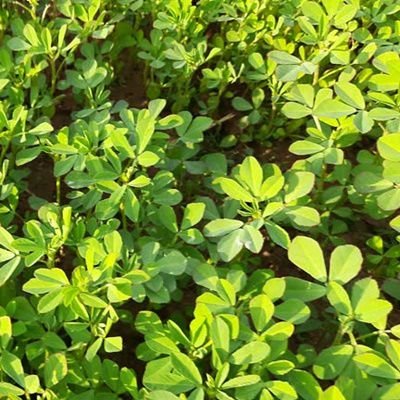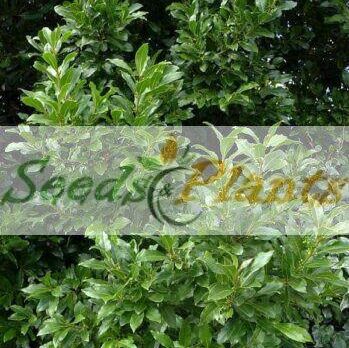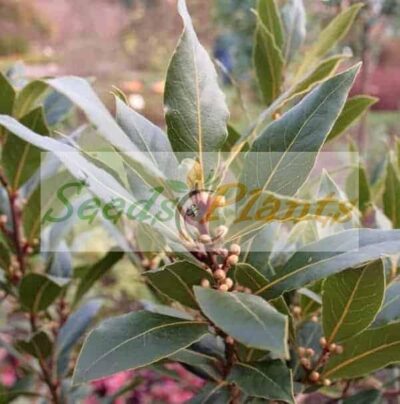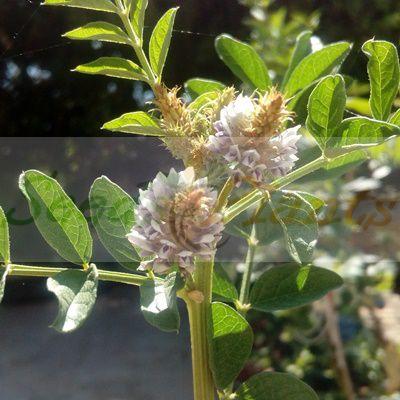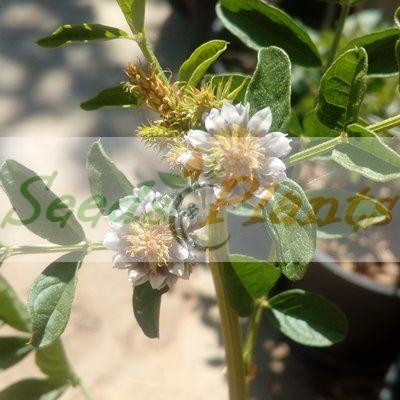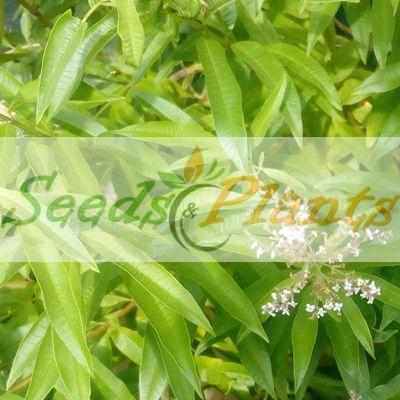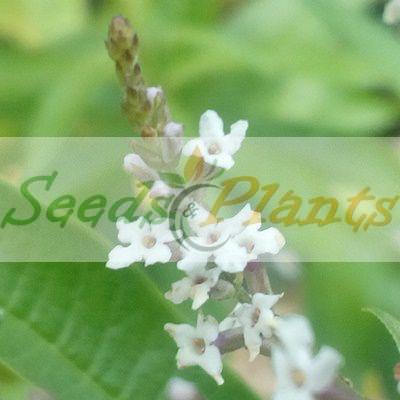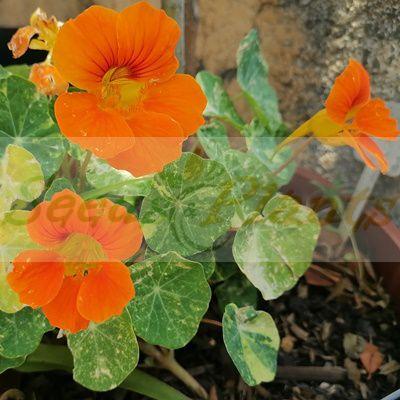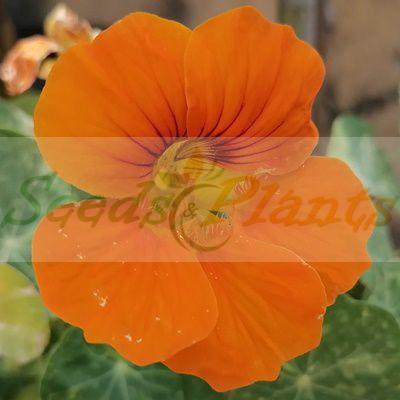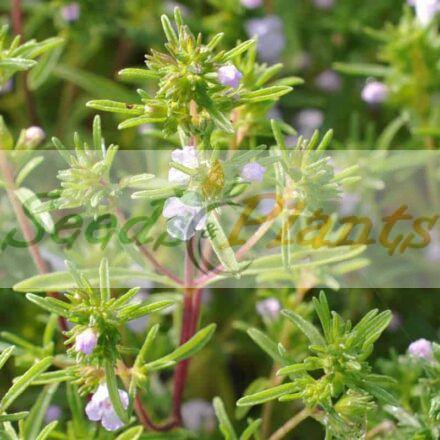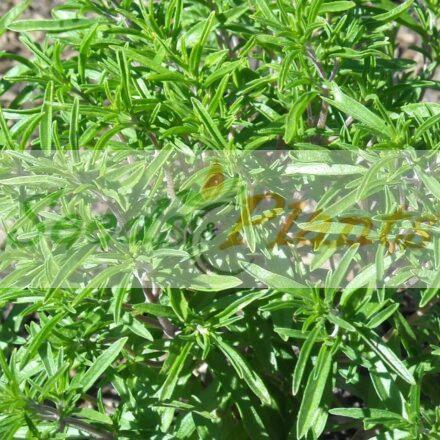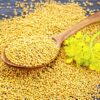🍃 Culinary Quick Facts
Culinary Info
- 🌍 Origin / Region: Middle East, Southern Europe, Western Asia
- 🍽️ Culinary Use: Cooked greens, Marinades/Dressings, Oils / Vinegars, Pickling, Prepared mustards, Salads, Sauces
- 🥗 Edible Part: Flower, Leaf, Seed
- 😋 Flavor Profile: Licorice-like, Mild, Slight spiciness
Growth Traits
- 🌱 Life Cycle: Annual
- 🌾 Plant Type: Herbaceous Annual
- 🦋 Pollinator Method: Attracts Bees, Attracts Butterflies, Attracts Hoverflies, Self-pollinating
- 🔁 Pollination Needs: Needs Only 1 Plant
- 🪴 Growth Habit: Upright
- 🌸 Flower Color: Yellow
Growing Requirements
- 🌞 Sun Exposure: Full Sun, Partial Shade
- 💧 Water Needs: Avoid Overwatering, Regular Water, Water Deeply
- ☀️ Growing Conditions: Cool Weather, Frost Sensitive, Low drought tolerance, Low Heat Tolerance, Moderate Cold Tolerance
- 🟤 Soil Preference: Moderately Fertile, Neutral, Slightly alkaline, Tolerant of most soils, Well-Drained
Mustard Yellow – 100 Seeds
(Brassica hirta)
R30.00
It has the mildest flavor, has a yellow seed coat and is primarily grown for the condiment industry, where it is used to produce traditional yellow mustard condiment, mayonnaise and certain salad dressings.
Indoor Sowing: Not Recommended.
Direct Sowing: Early Spring and Early Autumn.
In stock
🍃 Culinary Quick Facts
Culinary Info
- 🌍 Origin / Region: Middle East, Southern Europe, Western Asia
- 🍽️ Culinary Use: Cooked greens, Marinades/Dressings, Oils / Vinegars, Pickling, Prepared mustards, Salads, Sauces
- 🥗 Edible Part: Flower, Leaf, Seed
- 😋 Flavor Profile: Licorice-like, Mild, Slight spiciness
Growth Traits
- 🌱 Life Cycle: Annual
- 🌾 Plant Type: Herbaceous Annual
- 🦋 Pollinator Method: Attracts Bees, Attracts Butterflies, Attracts Hoverflies, Self-pollinating
- 🔁 Pollination Needs: Needs Only 1 Plant
- 🪴 Growth Habit: Upright
- 🌸 Flower Color: Yellow
Growing Requirements
- 🌞 Sun Exposure: Full Sun, Partial Shade
- 💧 Water Needs: Avoid Overwatering, Regular Water, Water Deeply
- ☀️ Growing Conditions: Cool Weather, Frost Sensitive, Low drought tolerance, Low Heat Tolerance, Moderate Cold Tolerance
- 🟤 Soil Preference: Moderately Fertile, Neutral, Slightly alkaline, Tolerant of most soils, Well-Drained
Yellow mustard (Sinapis alba – also known as (Brassica hirta) is native to middle Asia, northern Africa, and the Mediterranean. It has the mildest mustard flavor, has a yellow seed coat and is primarily grown for the condiment industry, where it is used to produce traditional yellow mustard condiment, mayonnaise and certain salad dressings. The seed of yellow mustard also contains a water-binding mucilage that has been used as a binding agent and protein extender in prepared meats.
The mustard plants have sturdy stalks with wrinkled, lobed, and dark green leaves. Yellow, 4-petaled flowers appear on spikes in early summer. Both the yellow mustard seed and the greens of this herb plant are used. The greens can be cooked or steamed, but as the summer gets hotter, the greens get stronger with a bitter taste.
Growing Yellow Mustard
Indoor Sowing: Not Recommended.
Direct Sowing: Early Spring and Early Autumn.
- Mustard is a cool-season crop, so sow seeds in early spring or early autumn. Choose a sunny location with well-drained, fertile soil.
- Broadcast seeds over the soil surface and lightly rake them in.
- Water the seeds after planting and keep the soil consistently moist, but not waterlogged.
- Once they germinate, thin the seedlings so that they are 15 cm apart. Mustard plants grown for seed are planted further apart than plants grown for just leaves as the mustard plant will be getting much larger before it flowers.
- The plants enjoy cool weather and will bolt quickly in warmer weather. Mustard plants that bolt due to warm weather will produce poor flowers and seeds.
- Although the Mustard plant does not require a lot of water, it is important to water the plant during dry spells.
Can this plant be used for culinary purposes?
Mustard Yellow is traditionally used for culinary purposes such as cooked greens and marinades/dressings.
Disclaimer
Medicinal Information:
All medicinal information on this website is for educational and informational purposes only and may not be construed as medical advice. The information is not intended to replace medical advice or treatment offered by healthcare professionals.
Seeds, Plants, Plant Cuttings, Geophytes and Dried Herbs:
In some countries and provinces, certain plants are deemed as invasive and are not allowed to be planted at all, whilst some plants are allowed to be grown only in certain areas or provinces. The onus is on you as the buyer to familiarize yourself with the regulations pertaining to your location, before purchasing any of our seeds, plants, plant cuttings, geophytes or dried herbs. We will not be held liable, should you purchase any seeds, plants, plant cuttings, geophytes or dried herbs. from us which are prohibited in your country or province.

